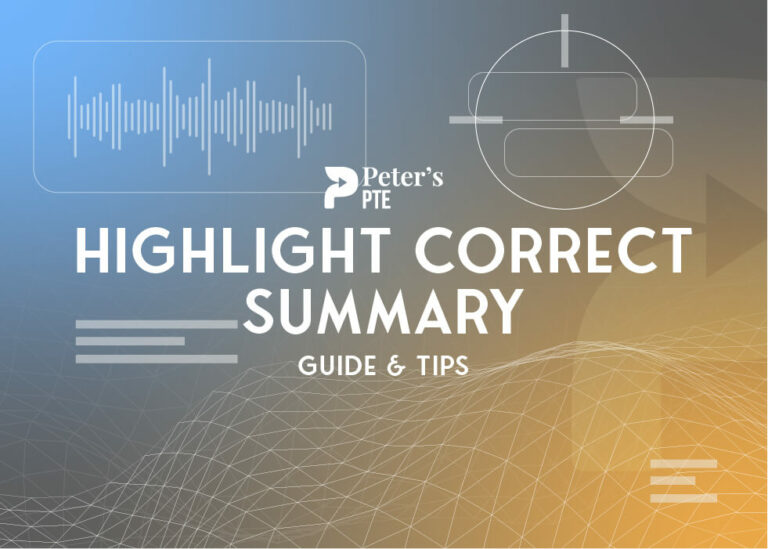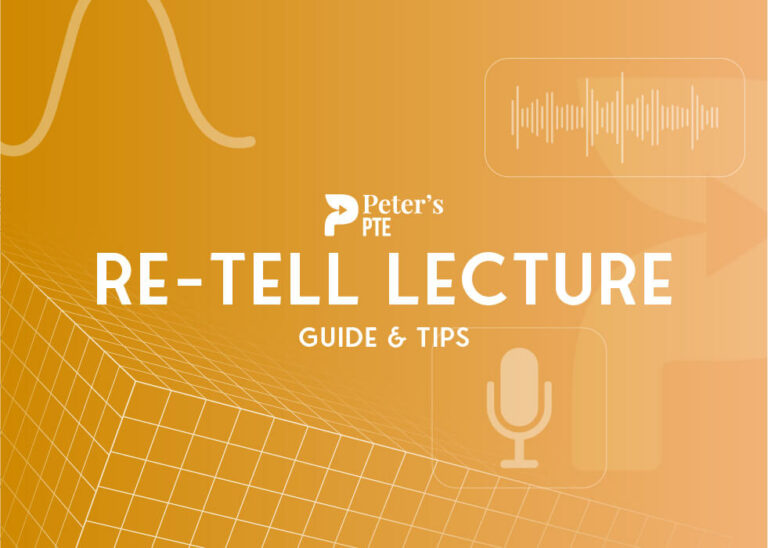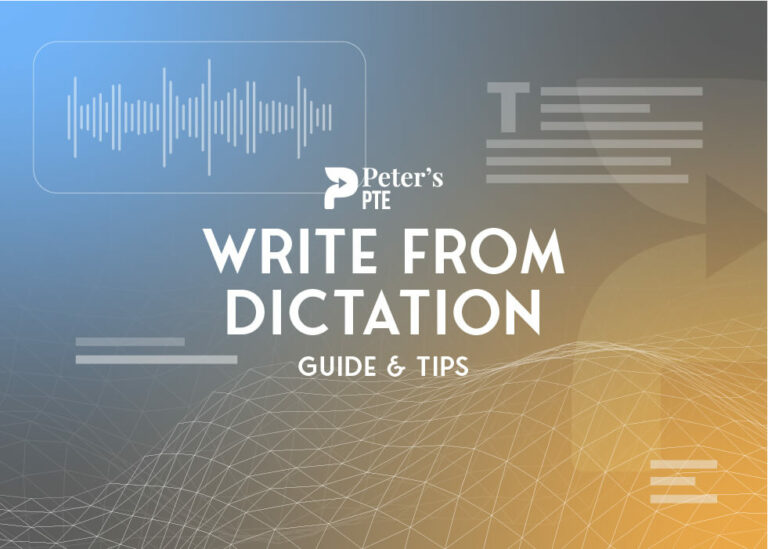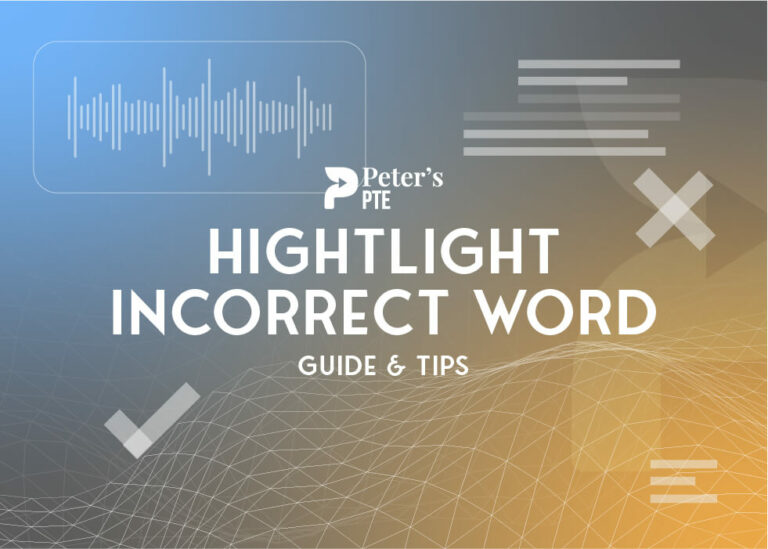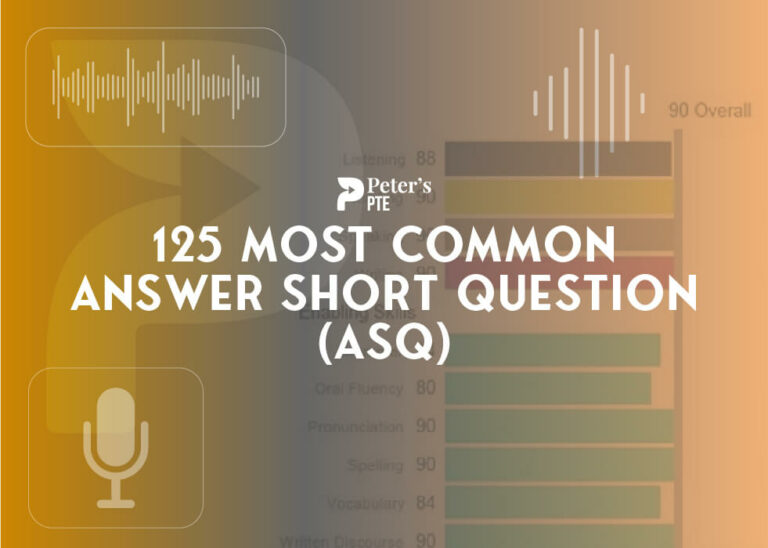While many consider SWT less challenging than Essay Writing, it can still be a time-consuming task that could affect your overall Writing score if not approached strategically. To help you make the most of the Writing section, we’ve compiled a comprehensive guide with tips and guidance specifically tailored for the PTE Academic Essay Writing component.
Write Essay Format
In the Essay Writing task, you’ll be presented with a prompt that typically comprises 2-3 sentences, serving as the foundation for your essay. Your task is to construct a compelling and coherent argumentative essay, with a word count requirement ranging from 200 to 300 words. You’ll have 20 minutes to complete this task.
How Is It Scored?
To improve your performance in the Write Essay part of the PTE Writing test, Keep Mind These Scoring Factor –
Content
- 3 Score: Adequately deals with the prompt
- 2 Score: Deals with the prompt but does not deal with one minor aspect
- 1 Score: Deals with the prompt but omits a major aspect or more than one minor aspect
- 0 Score: Does not deal properly with the prompt. This includes responses that contain a significant amount of pre-prepared/ memorized material.
Form
- 2 Score: Length is between 200 and 300 words
- 1 Score: Length is between 120 and 199 or between 301 and 380 words
- 0 Score: Length is less than 120 or more than 380 words. Essay is written in capital letters, contains no punctuation or only consists of bullet points or very short sentences
Development, structure and coherence
- 2 Score: Shows good development and logical structure
- 1 Score: Is incidentally less well structured, and some elements or paragraphs are poorly linked
- 0 Score: Lacks coherence and mainly consists of lists or loose elements
Grammar
- 2 Score: Shows consistent grammatical control of complex language. Errors are rare and difficult to spot
- 1 Score: Shows a relatively high degree of grammatical control. No mistakes which would lead to misunderstandings
- 0 Score: Contains mainly simple structures and/or several basic mistakes
General linguistic range
- 2 Score: Exhibits smooth mastery of a wide range of language to formulate thoughts precisely, give emphasis, differentiate and eliminate ambiguity. No sign that the test taker is restricted in what they want to communicate
- 1 Score: Sufficient range of language to provide clear descriptions, express viewpoints and develop arguments
- 0 Score: Contains mainly basic language and lacks precision
Vocabulary range
- 2 Score: Good command of a broad lexical repertoire, idiomatic expressions and colloquialisms
- 1 Score: Shows a good range of vocabulary for matters connected to general academic topics. Lexical shortcomings lead to circumlocution or some imprecision
- 0 Score: Contains mainly basic vocabulary insufficient to deal with the topic at the required level
Spelling
- 2 Score: Correct spelling
- 1 Score: One spelling error
- 0 Score: More than one spelling error
Always Remember
- Avoid bullet points in your responses; use clear and compact paragraphs.
- Your responses are scored as correct or incorrect based on word appropriateness.
- Maintain a well-structured composition since you have a 20-minute time limit for the entire process.
Write Essay Practice Tips
Preparation
- Analyze the Task: Examine the essay prompt and identify key elements and the expected response.
Structuring Your Essay
- Compose a Structured Essay: Create a clear introduction, body, and conclusion with a logical flow.
- Adhere to the Word Limit: Stay within the 200-300 word range.
- Strengthen Your Vocabulary: Use varied and precise language.
- Correct Grammar and Mechanics: Ensure proper sentence structure and punctuation.
- Support Your Argument: Back your claims with relevant details and examples.
- Maintain Clarity: Express ideas clearly without unnecessary complexity.
- Stay Focused: Develop each point fully before moving on to the next.
Final Check
- Proofread and Edit: Allocate time for a final review to improve grammar, structure, and clarity.
Conclusion
The Essay Writing task in the PTE Academic test may seem daunting, but with consistent practice and the right strategies, you can master it. Keeping the word limit in mind and adhering to the essay structure is essential. Use a rich vocabulary, present compelling arguments, and make sure your essay is free from grammar and punctuation errors.
Proofreading is your ally in improving your essay’s overall quality, so allocate a few minutes for this crucial step. When you’re crafting your essay, maintain focus and clarity to ensure your arguments are well-understood.
By diligently following the expert tips and guidelines presented in this guide, you can significantly enhance your proficiency in PTE Academic Essay Writing. Mastery of this skill is not only an asset during the test but also in your academic and professional endeavors.
So, as you prepare for your PTE Academic test, practice, refine your writing skills, and approach the Essay Writing task with confidence. Your path to success begins with a well-structured and compelling essay. Good luck!

